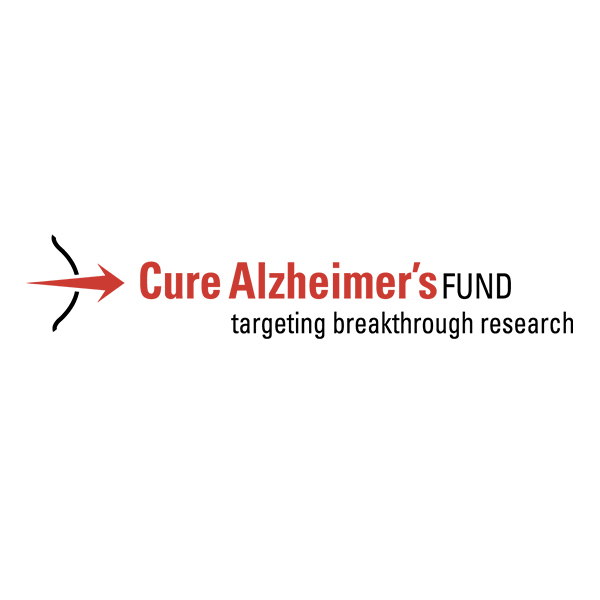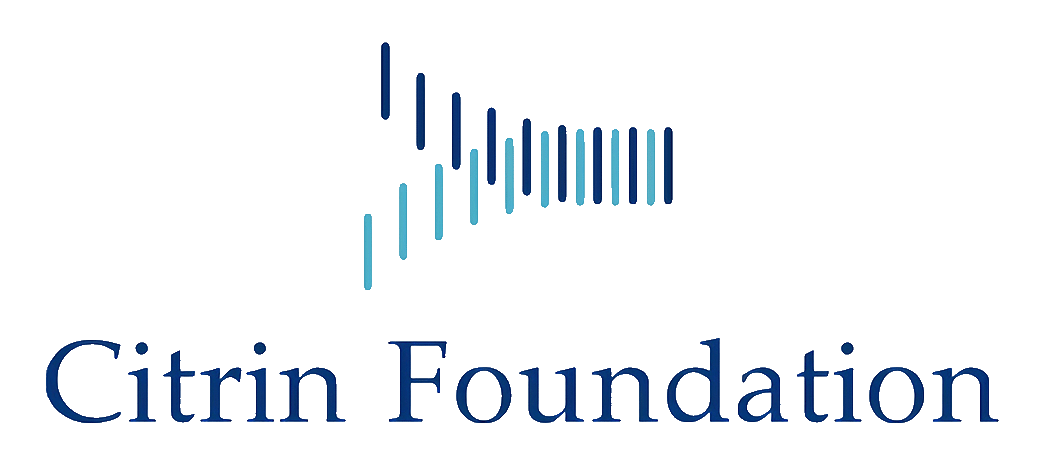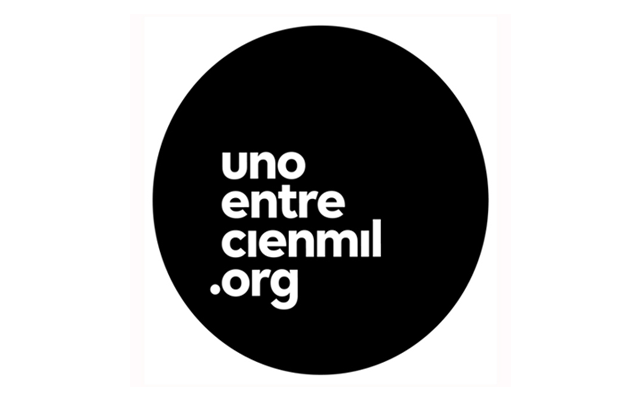Neuroepigenetics of brain physiology and pathology
Research summary:
Our laboratory is interested in understanding the aberrant molecular changes underlying cognitive deficits in physiological and pathological brain ageing, with particular interest in Alzheimer’s disease. We hypothesise that the interaction between the environment and genetics favours long-lasting cell-type molecular changes in the brain, which will impact cognitive function with time. Thus, our laboratory is interested in studying the contribution of cell-type neuro-epigenetics to cognitive function in the ageing brain.
Among the different epigenetic regulations, we are interested in studying how histone post-translational modifications regulate gene transcription during memory formation and how these fundamental mechanisms are aberrantly regulated during physiological and pathological brain ageing. We have shown that memory-induced stimulation favours the chromatin remodelling of genes involved in memory formation and that such processes are aberrantly regulated in the ageing brain or in response to amyloid beta, the toxic peptide associated with Alzheimer’s disease. Given the role of different cell-types in memory formation or their involvement in neurodegeneration, we are now dissecting the cell-type neuro-epigenetics of brain cells (neurons, astrocytes, microglia and oligodendrocytes) in relation to physiological and pathological brain processes.
To achieve our research goals, we use a range of experimental settings from cell cultures and mouse models to human samples from a multidisciplinary approach perspective, thus combining cutting-edge molecular and cellular biology techniques to functional studies in vivo.

| Last Name | Name | Laboratory | Ext.* | Professional category | |
|---|---|---|---|---|---|
| Palomer Vila | Ernest | 122 | 4543 | epalomer[at]cbm.csic.es | Investigador |
| Cabrera Martorell | Inés | 122 | 4543 | ines.cabreram@estudiante.uam.es | Estudiante de máster |
Relevants publications:
-
Casadomé-Perales, Álvaro; Naya, Sara; Fernández-Martínez, Elisa; Mille, Bea G.; Guerrero-Valero, Marta; Peinado, Héctor; Guix, Francesc X.; et al; Ernest Palomer. 2023. Neuronal Prosurvival Role of Ceramide Synthase 2 by Olidogendrocyte-to-Neuron Extracellular Vesicle Transfer. Int. J. Mol. Sci., 24, 5986.
-
Jones, Megan E.; Büchler, Johanna; Dufor, Tom; Palomer, Ernest; et al; Patricia C. Salinas. 2023. A genetic variant of the Wnt receptor LRP6 accelerates synapse degeneration during ageing and in Alzheimer’s disease Science Advances. 9-2, pp.eabo7421
-
Palomer, Ernest; Martín-Flores, Núria; Jolly, Sarah; et al; Salinas, Patricia C. 2022. Epigenetic repression of Wnt receptors in AD: a role for Sirtuin2-induced H4K16ac deacetylation of Fzd1 and Fzd7 promoters Mol Psychiatry. 27, pp.3024-3033.
-
Liu, Zhong; Palomer, Ernest; Liang, Weicheng; Waye, Mary Miu Yee. 2022. Editorial: Non-coding RNA and Wnt/β-Catenin Signaling Pathway in Human Cancer Frontiers in Pharmacology. pp.837718.
-
Redlingshöfer, Lisa; McLeod, Faye; Chen, Yu; et al; Palomer, Ernest; Brodsky, Frances M. 2020. Clathrin light chain diversity regulates membrane deformation in vitro and synaptic vesicle formation in vivo Proc Natl Acad Sci U S A. 117-38, pp.23527-23538.
-
McLeod, Faye; Boyle, Kieran; Marzo, Aude; Martin-Flores, Nuria; Moe, Thaw Zin; Palomer, Ernest; Gibb, Alasdair J; Salinas, Patricia C. 2020. Wnt Signaling Through Nitric Oxide Synthase Promotes the Formation of Multi-Innervated Spines Front Synaptic Neurosci. 12, pp.575863-575863.
-
Palomer, Ernest; Buechler, Johanna; Salinas, Patricia C. 2019. Wnt Signaling Deregulation in the Aging and Alzheimer's Brain Front Cell Neurosci. 13, pp.227-227. SCOPUS (95)
-
Martín-Segura, Adrián; Ahmed, Tariq; Casadomé-Perales, Álvaro; et al; Palomer, Ernest; Dotti, Carlos G. 2019. Age-associated cholesterol reduction triggers brain insulin resistance by facilitating ligand-independent receptor activation and pathway desensitization Aging Cell. 18-3, pp.e12932-e12932.
-
Jolly, Sarah; Lang, Verena; Koelzer, Viktor Hendrik; Sala Frigerio, Carlo; Magno, Lorenza; Salinas, Patricia C; Whiting, Paul; Palomer, Ernest (8/ 8). 2019. Single-Cell Quantification of mRNA Expression in The Human Brain Sci Rep. 9-1, pp.12353-12353.
- McLeod, Faye; Bossio, Alessandro; Marzo, Aude; et al; Palomer, Ernest; Salinas, Patricia C. 2018. Wnt Signaling Mediates LTP-Dependent Spine Plasticity and AMPAR Localization through Frizzled-7 Receptors Cell Rep. 23-4, pp.1060-1071.
- Valls-Comamala, Victòria; Guivernau, Biuse; Bonet, Jaume; et al; Palomer, Ernest; Muñoz, Francisco J. 2017. The antigen-binding fragment of human gamma immunoglobulin prevents amyloid b-peptide folding into b-sheet to form oligomers Oncotarget. 8-25, pp.41154-41165.
- Benvegnù, Stefano; Mateo, María Inés; Palomer, Ernest; Jurado-Arjona, Jerónimo; Dotti, Carlos G. 2017. Aging Triggers Cytoplasmic Depletion and Nuclear Translocation of the E3 Ligase Mahogunin: A Function for Ubiquitin in Neuronal Survival. Mol Cell. 66-3, pp.358-372.e7.
- Palomer, Ernest; Martín-Segura, Adrián; Baliyan, Shishir; Ahmed, Tariq; Balschun, Detlef; Venero, Cesar; Martin, Mauricio G; Dotti, Carlos G. 2016. Aging Triggers a Repressive Chromatin State at Bdnf Promoters in Hippocampal Neurons Cell Rep. 16-11, pp.2889-2900.
- Palomer, Ernest; Carretero, Javier; Benvegnù, Stefano; Dotti, Carlos G; Martin, Mauricio G. 2016. Neuronal activity controls Bdnf expression via Polycomb de-repression and CREB/CBP/JMJD3 activation in mature neurons Nat Commun. 7, pp.11081-11081.
- Knafo, Shira; Sánchez-Puelles, Cristina; Palomer, Ernest; et al; Esteban, José A. 2016. PTEN recruitment controls synaptic and cognitive function in Alzheimer's models Nat Neurosci. 19-3, pp.443-453.
- Brachet, Anna; Norwood, Stephanie; Brouwers, Jos F; Palomer, Ernest; Helms, J Bernd; Dotti, Carlos G; Esteban, José A. 2015. LTP-triggered cholesterol redistribution activates Cdc42 and drives AMPA receptor synaptic delivery J Cell Biol. 208-6, pp.791-806.
- Ill-Raga, Gerard; Palomer, Ernest; Ramos-Fernández, Eva; et al; Muñoz, Francisco J. 2014. Fibrinogen nitrotyrosination after ischemic stroke impairs thrombolysis and promotes neuronal death. Biochim Biophys Acta. 1852-3, pp.421-428.
- Ramos-Fernández, Eva; Tajes, Marta; Palomer, Ernest; et al; Muñoz, Francisco J. 2014. Posttranslational nitro-glycative modifications of albumin in Alzheimer's disease: implications in cytotoxicity and amyloid-b peptide aggregation J Alzheimers Dis. 40-3, pp.643-657.
- Tajes, Marta; Ill-Raga, Gerard; Palomer, Ernest; et al; Muñoz, Francisco J. 2013. Nitro-oxidative stress after neuronal ischemia induces protein nitrotyrosination and cell death Oxid Med Cell Longev. 2013, pp.826143-826143.
- Tajes, Marta; Guivernau, Biuse; Ramos-Fernández, Eva; Bosch-Morató, Mònica; Palomer, Ernest; Guix, Francesc X.; Muñoz, Francisco J. 2013. The pathophysiology of triose phosphate isomerase dysfunction in Alzheimer’s disease. Histology and histopathology. 28-1, pp.43-51.
- Aso, Ester; Palomer, Ernest; Juvés, Salvador; Maldonado, Rafael; Muñoz, Francisco J; Ferrer, Isidro. 2012. CB1 agonist ACEA protects neurons and reduces the cognitive impairment of Ab APP/PS1 mice J Alzheimer’s Dis. 30-2, pp.439-459.
- Palomer, Ernest; ILL-Raga, Gerard; Tajes, Marta; et al; Muñoz, Francisco J. 2011. PKR and PP1C Polymorphisms in Alzheimer’s Disease Risk Neuroscience and Medicine. 2-3.
- Ill-Raga, Gerard; Palomer, Ernest; Wozniak, Matthew A; et al; Muñoz, Francisco J. 2011. Activation of PKR causes amyloid beta-peptide accumulation via de-repression of BACE1 expression PLoS One. 6-6, pp.e21456-e21456.
- Ill-Raga, Gerard; Ramos-Fernández, Eva; Guix, Francesc X; et al; Palomer, Ernest; Muñoz, Francisco J. 2010. Amyloid-beta peptide fibrils induce nitro-oxidative stress in neuronal cells J Alzheimers Dis. 22-2, pp.641-652.




















